Density is a crucial physical characteristic of a planet that can tell us a lot about its composition and structure. In this article, we will take a closer look at the densities of the planets in our solar system, including the Sun.
Mercury:
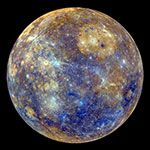
With a mean density of 5.429 g/cm³, Mercury is the second densest planet in the solar system. This is due to its large iron core that makes up about 60% of its mass.
Venus:
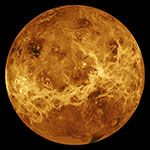
The density of Venus is similar to that of Earth, with a mean density of 5.243 g/cm³. This is also due to the presence of an iron core, although it is smaller than that of Earth.
Earth:

Our planet has a mean density of 5.514 g/cm³, which is the result of its complex composition that includes a solid iron-nickel core, a liquid outer core, a mantle, and a crust.
Moon:
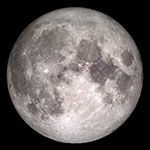
With a mean density of 3.340 g/cm³, the Moon is less dense than Earth due to its smaller iron core and lack of a distinct mantle.
Mars:
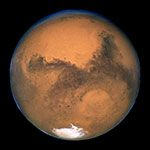
The density of Mars is 3.934 g/cm³, which is lower than Earth's but higher than that of the Moon. This is due to its composition, which includes a solid iron-rich core, a mantle, and a crust.
Jupiter:
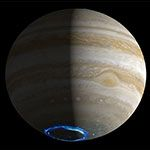
With a mean density of only 1.326 g/cm³, Jupiter is the least dense planet in the solar system. This is because it is composed mostly of gas, with only a small rocky core at its center.
Saturn:
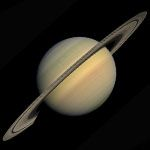
Similar to Jupiter, Saturn has a low density of 0.687 g/cm³ due to its gaseous composition.
Uranus:
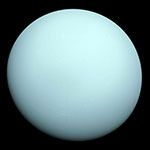
Uranus has a mean density of 1.27 g/cm³, which is slightly lower than that of Jupiter. It is also composed mostly of gas, with a small rocky core.
Neptune:
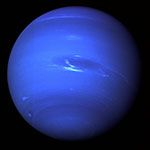
The mean density of Neptune is 1.638 g/cm³, which is higher than that of Uranus but lower than Earth's. It is also composed mostly of gas with a small rocky core.
Pluto:
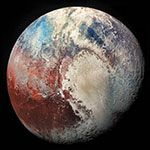
With a mean density of 1.85 g/cm³, Pluto is one of the densest objects in the Kuiper Belt. Its density is likely due to a combination of rock, ice, and other volatile materials.
Sun:
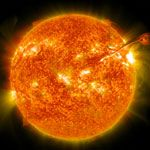
The Sun has a mean density of 1.41 g/cm³, which is much lower than that of any of the planets. This is because it is composed mostly of hydrogen and helium gas.
In conclusion, the densities of the planets in our solar system vary greatly and are determined by their compositions and structures. Understanding the densities of these celestial bodies can help us better understand the processes that shaped our solar system.

